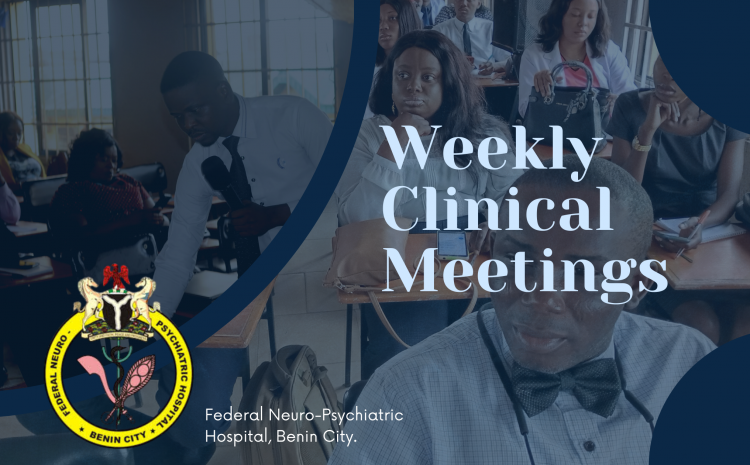
OUTLINE
Objectives
Introduction
Epidemiology
Risk factors
Schizophrenia relapse prevention
Use of Long-acting Antipsychotics
Conclusion
References
INTRODUCTION
Schizophrenia is a severe psychological illness characterised by disturbance of perception of reality and impairment in thinking, behavior, affect, and motivation.
It is a chronic illness often characterized by relapses with alternating periods of partial or full remission with resultant devastating effects on the lives of patients and their caregivers.
The risk of relapse remains high throughout the course of the illness, and increases with each successive episodes.
Frequent relapses are associated with progressive functional deterioration, hospitalizations, cognitive impairment, and poor prognosis.
Hence, relapse prevention is an important goal in management towards attaining the ultimate goal of recovery.
Keywords: Remission, Recovery, Resolution, Relapse.
Definitions are based on scores on rating scales like Positive and Negative Syndrome Scales(PANSS), Brief Psychiatric Rating Scale(BPRS), Scale for the Assessment of Negative Symptoms(SANS), and Clinical Global Impression Scale (CGI).



